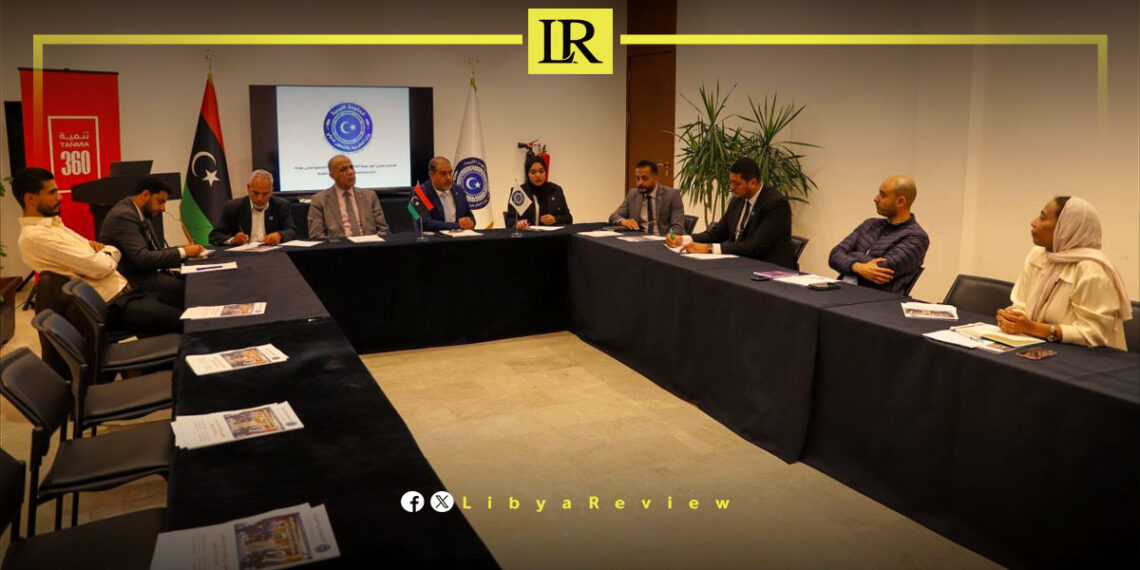The Libyan Ministry of Foreign Affairs and International Cooperation held an extensive meeting on Saturday to address the regulation of international non-governmental organizations (INGOs) operating within Libyan territory. The meeting was convened in accordance with directives from Foreign Minister Abdelhadi Al-Hwaij.
The session was chaired by Jabr Al-Athram, Director of the Department of Civil Society Organizations, with participation from representatives of several INGOs. Discussions centered on the importance of direct coordination with the Foreign Ministry as the primary regulatory body for international partners in Libya.
Participants emphasized the need for NGOs to collaborate with accredited local partners to ensure that their projects align with Libya’s national priorities and actual humanitarian needs.
Al-Athram underlined that the Foreign Ministry serves as the official gateway for all international NGOs. He called for the signing of clear memorandums of understanding (MoUs) to guarantee transparency and foster effective partnerships.
The meeting also highlighted the importance of ensuring that humanitarian interventions and development programs are consistent with national policy frameworks and legal systems, in a way that preserves Libyan sovereignty while balancing international humanitarian standards.
Among the attendees were Mohamed Al-Zaidi, Director of the Strategic Planning Office at the Ministry, as well as several officials from the departments responsible for international organizations and civil society affairs.
This initiative reflects Libya’s broader effort to regulate the humanitarian sector, improve coordination, and streamline foreign assistance under unified national oversight.
Libya has been in chaos since a NATO-backed uprising toppled longtime leader Muammar Gaddafi in 2011. The county has for years been split between rival administrations.
Libya’s economy, heavily reliant on oil, has suffered due to the ongoing conflict. The instability has led to fluctuations in oil production and prices, impacting the global oil market and Libya’s economy.
The conflict has led to a significant humanitarian crisis in Libya, with thousands of people killed, and many more displaced. Migrants and refugees using Libya as a transit point to Europe have also faced dire conditions.
The planned elections for December 2021 were delayed due to disagreements over election laws and the eligibility of certain candidates. This delay has raised concerns about the feasibility of a peaceful political transition.
Despite the ceasefire, security remains a significant concern with sporadic fighting and the presence of mercenaries and foreign fighters. The unification of the military and the removal of foreign forces are crucial challenges.


